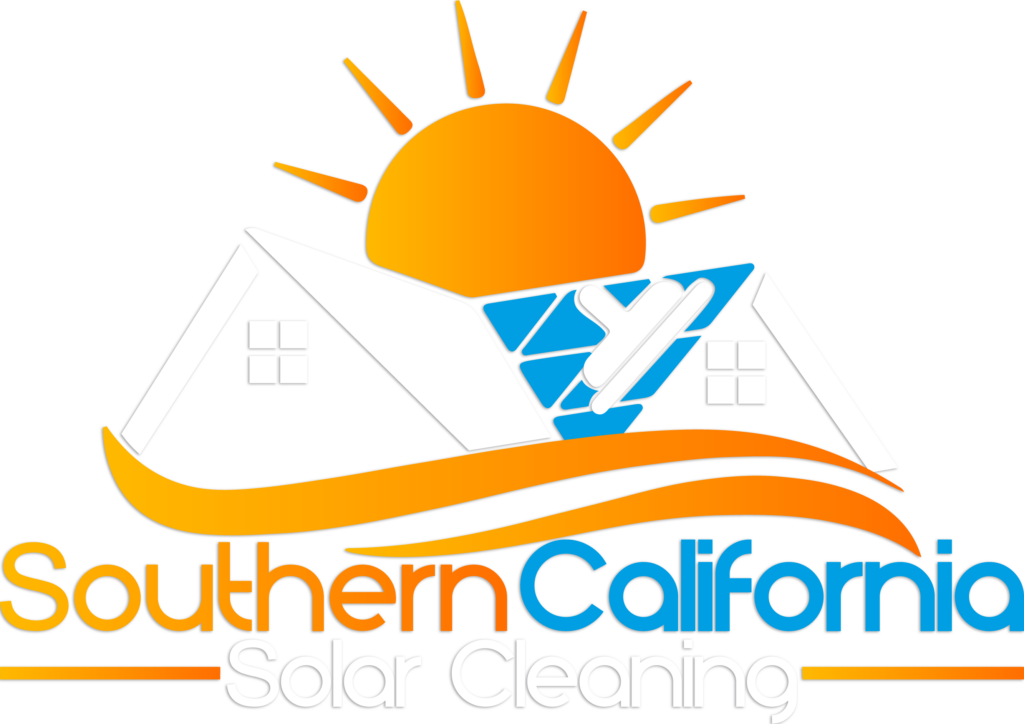Maximize Energy Output
Solar panels generate electricity by converting sunlight into energy. Any obstruction on the surface of the panels, such as dirt, dust, bird droppings, or other debris, can reduce the amount of sunlight reaching the solar cells. Regular cleaning helps maximize the absorption of sunlight and, consequently, the energy output.
Maintain Efficiency
Solar panels work by converting sunlight into electricity. If their surfaces are covered with grime or dirt, the amount of sunlight reaching the photovoltaic cells is reduced, leading to a decrease in energy output. Cleaning ensures that the panels operate at their maximum efficiency.
Maintain Longevity
Regular maintenance, including cleaning, contributes to the longevity of solar panels. Accumulated dirt and contaminants can, over time, cause corrosion or damage to the surface of the panels. By keeping them clean, you help protect the panels and extend their operational life.
Protect your investment
Solar panels are a significant financial investment. Regular cleaning is a simple and cost-effective way to protect that investment by ensuring that the panels continue to generate as much energy as possible over their lifespan.
Complying with Warranties
Some solar panel manufacturers require regular maintenance, including cleaning, to keep the warranty valid. Neglecting this maintenance may void the warranty, potentially leaving the owner without coverage for any issues that may arise.
Environmental Benefits
Environmental factors such as pollution, pollen, and bird droppings can accumulate on the surface of solar panels. These factors not only reduce efficiency but can also lead to staining and long-term damage if not addressed.
Overall
While the frequency of cleaning depends on the local environment and climate, generally, solar panels should be cleaned every 3-6 months to maintain optimal performance and ensure a return on the investment in solar energy.
